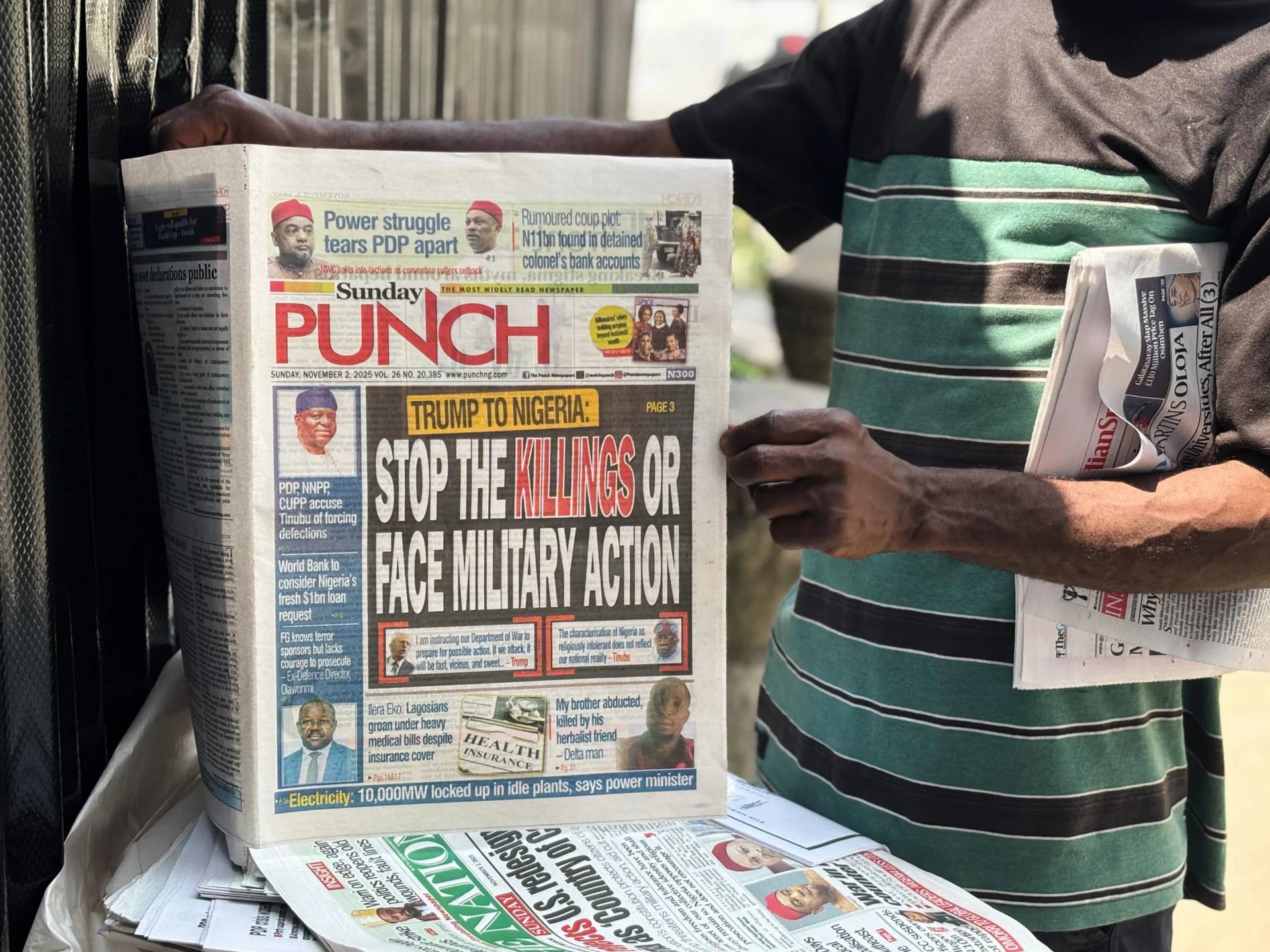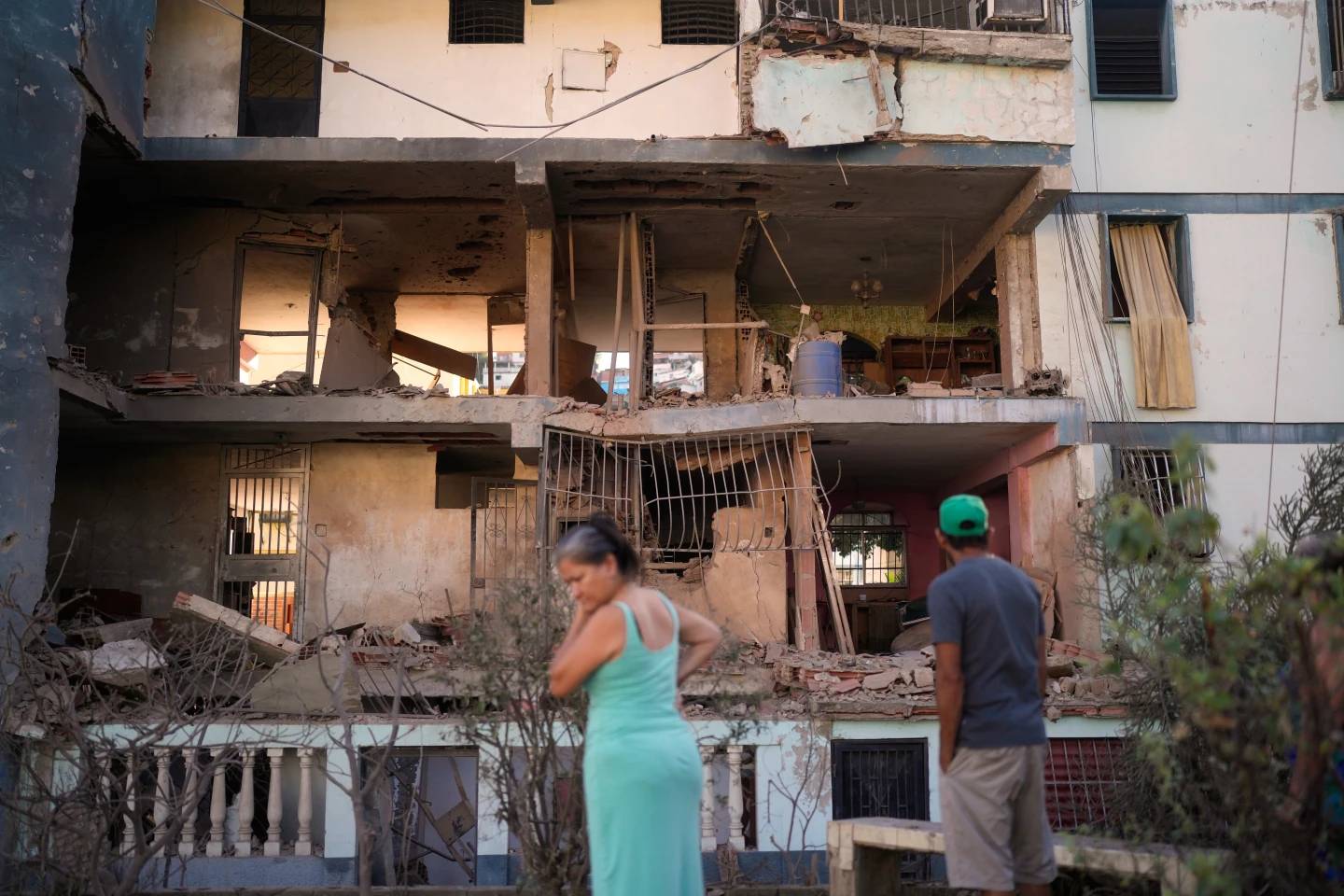[Editor’s note: Crux recently published a three-part series by senior correspondent Elise Harris exploring ties between Cardinal Francisco Errázuriz of Chile, a close papal confidante, and Peruvian layman Luis Fernando Figari, who’s now accused of sexual abuse and abuses of power and conscience within the prominent lay movement he founded. Part one can be found here, part two here, and part three here. In response, Errázuriz wrote a letter to Crux which was published in a Chilean newspaper and is reproduced here, in full, in English translation.]
I have carefully read the article that the journalist Elise Harris wrote about me, published in the newspaper Crux. It is the result of a serious investigation into my personal history, but it contains decisive omissions and some errors. I will refer only to some of them.
The omission that is most surprising is the following. [She] forgets the investigation we did in the Archdiocese of Santiago as a result of the accusations we received for abuses of conscience and sexuality by Father Fernando Karadima.
When this investigation was being concluded, a fourth accuser appeared, who declared that he had suffered, as a minor, abuses by this priest. The Congregation for the Doctrine of the Faith [in the Vatican] is the only competent body to deal with cases in which minors are affected.
That is why we sent all the documentation of our investigation about Father Karadima to the Congregation, with the condemnatory judgment of the Promoter of Justice, and two requests of mine: first, that the sentence would arrive soon, and second, that the statutes of limitations of his crimes be lifted, so that the Congregation would issue its sentence in truth and justice, according to the gravity of the crimes.
The Congregation, on the basis of the information sent, without delay, severely condemned Father Karadima, and rejected the appeal that the priest presented.
The above demonstrates one of the errors of the article. It is clear that there was no concealment of Father Karadima. If I had wanted to conceal his crimes, I would never have asked for the statute of limitations to be lifted.
Another error refers to the abuses of [the man] who was the chancellor of the archiepiscopal Curia since the year 2011, Father Oscar Muñoz Toledo. As far as I am concerned, it is necessary to remember that he was not chancellor while I was archbishop of Santiago. As a collaborator of the successive chancellors that I appointed, I depended directly on them.
In view of the accusations and his recent self-incrimination, I asked those who were chancellors at the time if they had received any accusation or allegation against Father Muñoz Toledo. The answer was: “none”. We are defamed by the article when it claims that we covered up for crimes we didn’t even know about.
It is true that I visited Luis Fernando Figari, founder of Sodalitium Christianae Vitae, in Rome. The popular phrase says: “Everyone makes firewood from a fallen tree.” When it comes to human beings, I am guided by another principle, which is inspired by the Gospel, and which does not mean backing up mistakes or sins or possible crimes: “The fallen tree must be helped to get up.”
Another mistake refers to the wrongful comparison that the article makes of my situation with that of the former Cardinal [Theodore] McCarrick. The type of crime – sexual abuse – of which he was accused in the Church, and which led the Holy Father to take away the dignity of the cardinalate, has nothing to do with me.
I say goodbye with a warm greeting, asking you to publish this correction of the article.
















